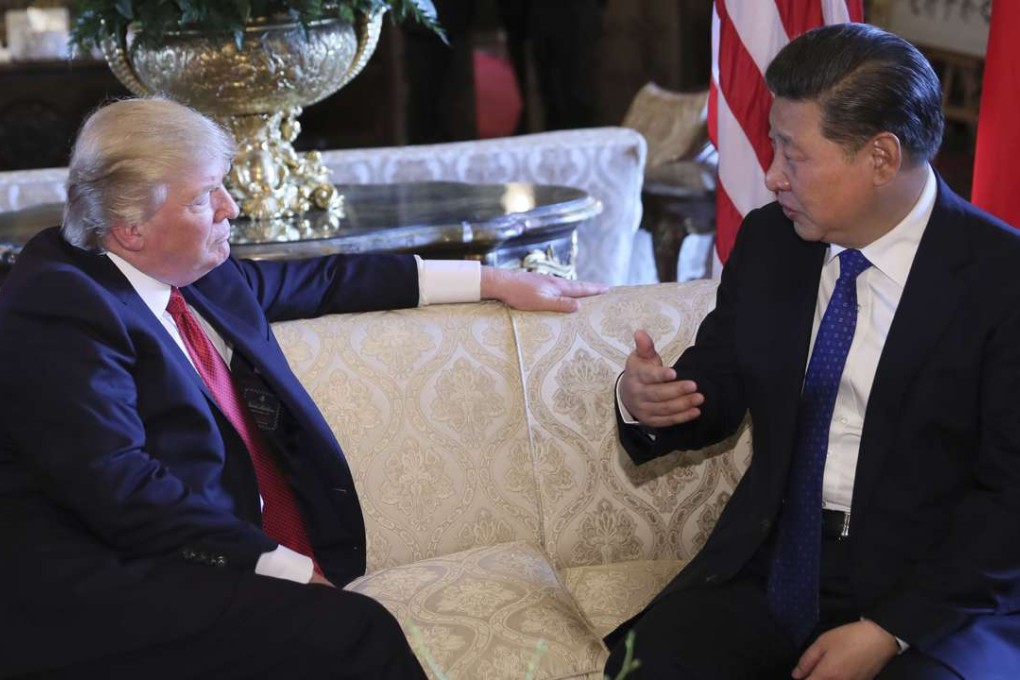Why Trump is a test case for tit-for-tat in foreign relations
Koichi Hamada cites the game theory concept of prisoner’s dilemma to highlight the mechanics of betrayal between nations, which a tit-for-tat approach may nullify. And even Donald Trump, with his classic defector’s attitude, may find cooperation works best

As with any human interaction, international relations, whether economic or political, is a combination of cooperation and competition. The “cooperation” part benefits all involved, whether by sustaining world peace or boosting growth and prosperity through free trade. The “competition” part creates serious risks, from economic impediments to war and environmental destruction. So why don’t countries cooperate more?
The answer comes down, in part, to the so-called prisoner’s dilemma. Countries may suspect that, by betraying their partners, they can obtain a better “deal” for themselves. Facing the temptation of duplicity, they may become concerned, or even suspicious, that their partners – facing the same temptation – are betraying them. As a result, they become even more tempted to betray their partners first.
Game theory and the South China Sea conflict
Game theory, which provides mathematical models of conflict and cooperation between rational decision-makers, has generally not offered much in the way of desirable strategies for overcoming this dilemma, let alone an optimal strategy for resolving actual conflicts. Yet, thanks to the University of Michigan’s Robert Axelrod, this may no longer be the case.
Axelrod held tournaments among major game theorists and political scientists to identify the most effective approach in a repeated game of prisoner’s dilemma. The winner – the strategy most likely to produce a cooperative outcome – was Anatol Rapoport’s tit-for-tat strategy.
According to this approach, a bilateral game should begin with cooperation: if the other player behaves cooperatively, so should you. Only if the other player defects – that is, begins to display non-cooperative behaviour – should you do the same.
Thomas Schelling, master of game theory, saved world from nuclear apocalypse
Of course, when the other player is cooperating, it might be tempting to defect, in order to increase your own pay-off and potentially even secure a windfall. But, according to the strategy, the other player would then also defect, creating losses that, whether immediately or over time, would offset whatever gains you had secured.